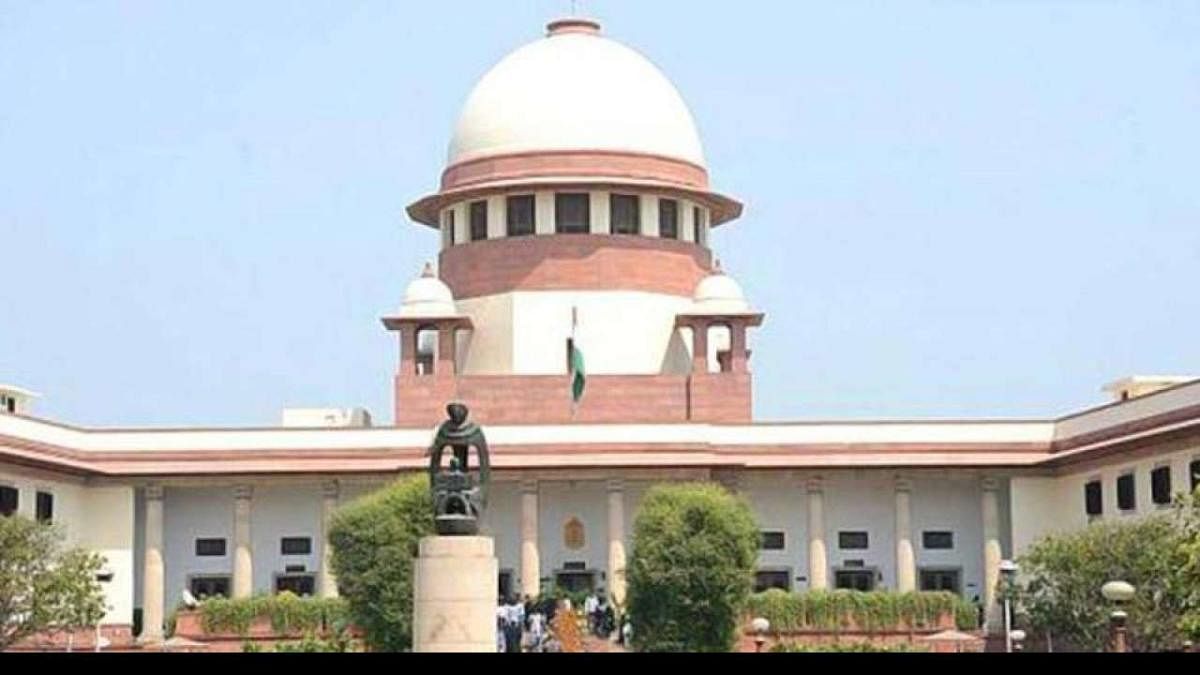
The Supreme Court on Tuesday dismissed a plea to debar legislators from practising as advocates, saying there was no such restriction on them under the law and rules.
A bench of Chief Justice Dipak Misra and Justices A M Khanwilkar and D Y Chandrachud said the Bar Council of India has framed rules under the Advocates Act, putting restrictions on those employed elsewhere from practising in court, but the MPs and MLAs do not fall under the category of full-time salaried employees.
“As there is no express provision to prohibit or restrict the legislators from practising as advocates during the relevant period (during their term), the question of granting relief, as prayed, to debar them from practising as advocates cannot be countenanced,” Justice Khanwilkar, who authored the judgement on PIL by BJP leader and advocate Ashwini Kumar Upadhyay, said.
The court also noted that the Bar Council of India, the regulatory body, has made its stand explicitly clear that no such prohibition can be placed on the legislators.
Congress MPs Kapil Sibal, Abhishek M Singhvi, P Chidambaram and Vivek Tankha, and BJP MP Meenakshi Lekhi and TMC MP Kalyan Banerjee and BJD MP Pinaki Misra, among others, practised as advocates in courts.
The top court declined to go into a contention by the petitioner that the country needed dedicated and full-time legislators who will sincerely attend Parliament on all working days.
The petitioner contended the legislators cannot be allowed to ride two full-time engagements – as an elected representative and as an advocate -- since they would end up being “casual” and guilty of conflict of interest amounting to professional misconduct. He also submitted that the MPs can bring in impeachment motion against sitting judges.
“Merely because the advocate concerned is an elected people‘s representative, it does not follow that he/she has indulged in professional misconduct. Similarly, the conferment of power on the legislators (MPs) to move an impeachment motion against the judge(s) of the Constitutional Courts does not per se result in the conflict of interest or a case of impacting constitutional morality or for that matter institutional integrity,” the court said.
